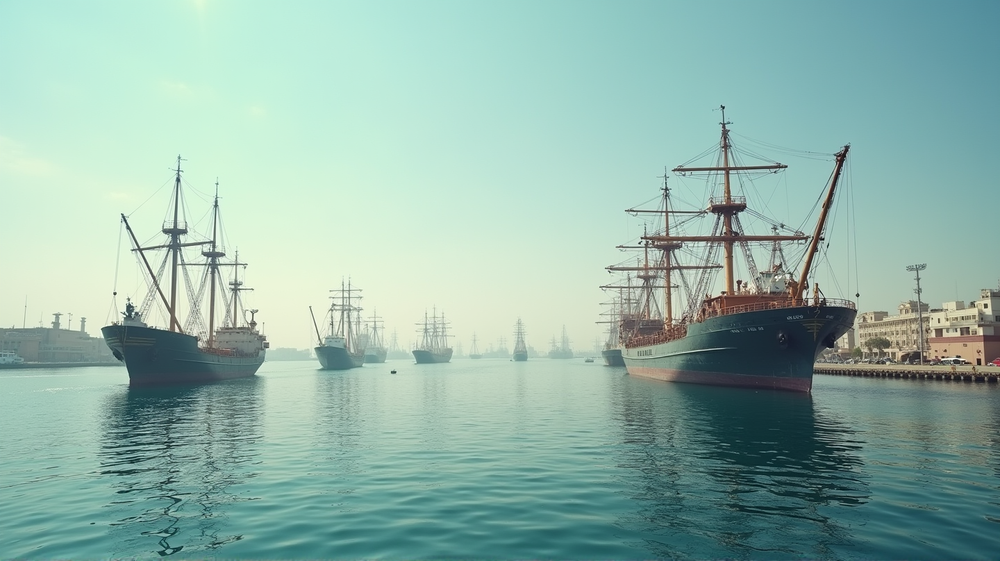Israel-Iran Ceasefire: What It Means for the Indian Economy
A tenuous silence falls over the Middle East as a ceasefire between Israel and Iran is declared. This fragile peace raises questions about its longevity, with potential implications lingering like dark clouds over global markets and the Indian economy alike.
Oil Prices Dip, Rupee Strengthens
With the ceasefire in effect, crude oil prices, which had surged amidst the hostilities, have now tempered. This reprieve is crucial for India, the world’s third-largest oil importer. The calming of oil prices has simultaneously bolstered the Indian rupee, offering hope for economic stability in the short term.
Strait of Hormuz: A Chokepoint at Ease
Central to global trade and energy security, the Strait of Hormuz remains open, despite Iranian threats to block this vital passage. This waterway sees 25% of the world’s crude and 20% of LNG supplies pass through. According to Awaz The Voice, the Iranian parliament’s threat had sent ripples through global markets, but backing down brings respite, aligning global shipping lanes once more.
Oman’s Calm Amid Conflict
Oman, a silent but equally significant player, shares sovereignty over the strait with Iran. Navigating carefully amid tensions, vessels now favor Omani waters, avoiding conflict zones. Oman’s diplomatic tact has been instrumental, supporting Iran diplomatically yet safeguarding vital maritime flows.
India’s Varied Supply Chain
Despite looming threats, India stands resolute, thanks to diversified oil sources beyond West Asia. Russia and the U.S. have upped their supplies, diluting reliance on the turbulent Gulf. While a closure of the strait could inflate prices, India’s proactive strategies in securing oil supply ensure minimal disruption.
Challenges Remain: Inflation and Shipping Concerns
Although India’s energy security seems intact, potential spikes in global oil prices could still fuel inflation. Shipping lanes, once threatened by Houthi-led disruptions through the Red Sea and Suez Canal, caution global traders to consider longer maritime routes via the Cape of Good Hope. The specters of inflation and prolonged India-Israel tensions shadow the horizon.
The Path Forward: Vigilance and Preparedness
While an immediate crisis seems averted, the fragile nature of this ceasefire means vigilant monitoring of geopolitical undercurrents remains crucial. Policymakers are tasked with steering the economy through such global anxieties, ensuring minimal impact from any geopolitical tremor.
With forethought and strategic prowess, India journeys on, navigating this era of uncertainty amidst fragile peace in the Middle East.




